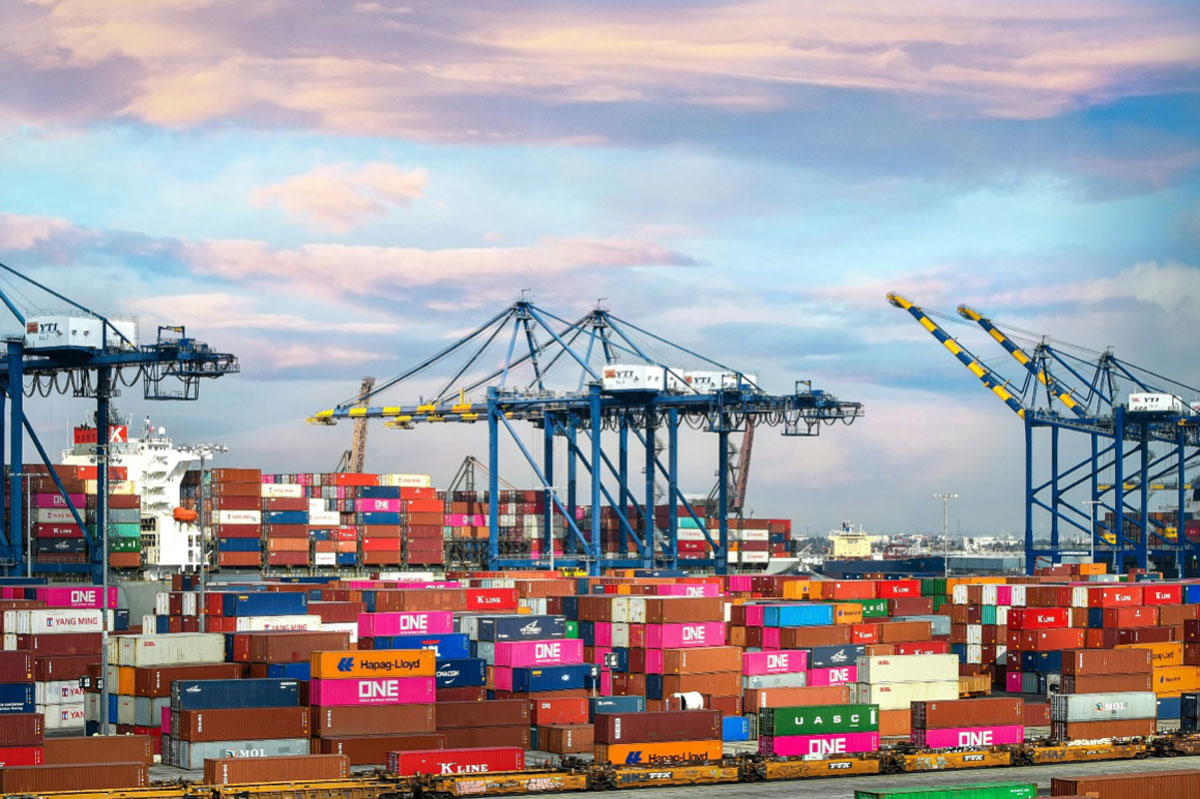EPC Selection for Energy Storage Projects: Overcoming Logistics Misconceptions
Share this post:

Selecting the right EPC firm to design and construct projects is a critical step in the execution of energy storage investors’ strategies. During the EPC selection process, much effort is spent assessing firms’ engineering skill levels, design experience, construction portfolio, and financial bankability. One area of expertise that is often overlooked, however, is logistics. This seemingly mundane function has a profound impact on execution success, and asset owners and investors would do well to ensure the EPC they choose can perform with excellence in the area of logistics. One reason this critical area is often not given the attention it deserves is that there exist several misconceptions about when and how logistics plays a role in project planning and execution. Below we highlight a few misconceptions about logistics and explain the reality that savvy owners and EPCs should consider:
Misconception #1: Logistics is primarily a construction phase consideration.
Reality: Logistics considerations impact the full lifecycle of a project, from design to decommissioning.
The ability of trucks, cranes, and other equipment to offload and place equipment onsite during the construction phase requires sites to be designed to give sufficient access to this logistics equipment. Proper road widths, equipment spacing, overhead power line clearances, etc. all must be considered carefully when designing sites. This can be especially challenging for energy storage sites in urban areas, where space is at a premium. While the execution of logistics begins in the procurement phase, planning for logistics must start during the design phase.
During a project’s operational life, additional equipment may need to be added or aging equipment replaced to achieve energy capacity augmentation. How equipment is added or replaced must be carefully coordinated with rigging and transportation providers.
Finally, at the end of a project’s life, the bulk of the work of decommissioning can be described as logistics – removing equipment and transporting it to parties that will recycle or refurbish the decommissioned equipment.
Misconception #2: DDP (Delivered Duty Paid) INCOTERMS means we can let the equipment OEM handle all logistics matters.
Reality: Tight coordination with equipment suppliers is required to ensure smooth execution of equipment deliveries.
The DDP INCOTERMS that are common with procurement and delivery of BESS equipment procured from overseas suppliers means that the suppliers bear responsibility and risk for the arrangement and execution of transportation activities. But sequencing of equipment shipments and site arrival timing coordination is crucial to project execution. Especially for large sites, it is logistically impossible to handle all equipment arriving on site simultaneously. There are also typically multiple vendors shipping large equipment to site, so logistics plans and execution must be coordinated across the multiple parties. This is where the EPC must play the critical role of logistics coordination and direction – knowing what equipment needs to arrive when and making sure all the relevant parties are in sync with the construction phase logistics plan.
Misconception #3: It is safe to assume our project will execute on schedule.
Reality: Predicting the execution timing of energy store projects is notoriously difficult.
Unpredictable timing of interconnection approval and multiple local AHJ permitting processes coupled with long equipment procurement lead times can often result in equipment from overseas arriving in the U.S. before a project is ready for equipment delivery and installation.
If delays happen early enough, and equipment purchasing terms are well-negotiated, it may be possible to delay shipment from the supplier or trigger purchasing agreement clauses requiring the supplier to provide a certain time period of temporary storage without significant financial penalties (another instance of logistics needing to be considered well ahead of construction phase – in this case, during negotiation of MSAs with equipment suppliers).
Savvy EPCs will have a contingency plan for temporary storage of battery containers, PCS skids and other long lead time equipment, especially if coming from overseas. This can require a significant amount of up-front effort in vetting providers. Not all third-party warehouses have the rigging capability and expertise to handle large, heavy industrial equipment. Some are not willing to store lithium-ion batteries and most don’t have the climate-controlled space needed to minimize energy capacity degradation during storage. It can also be important to have multiple storage options in a region or even potentially pay for space ahead of needing it, to ensure its availability.
RavenVolt & Logistics
At RavenVolt, we place the importance on logistics it deserves in all phases of our work – engineering, procurement, and construction. Our team has extensive experience managing global supply chains, formulating and executing detailed logistics plans, and coordinating logistics plans across multiple parties. We have built a strong network of partners who multiply our capabilities, allowing us to offer everything from FAT witnessing services in China, to climate-controlled storage for battery containers in multiple markets in the U.S., to transportation and rigging services provided by partners with extensive energy storage equipment experience. Even when your business strategy calls for direct procurement of energy storage equipment, you can benefit from RavenVolt’s excellence in logistics by partnering with us as your EPC.
written by:
Jon King
VP Battery Services

